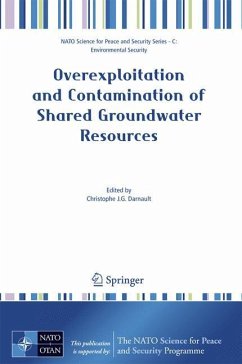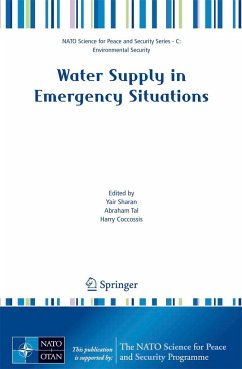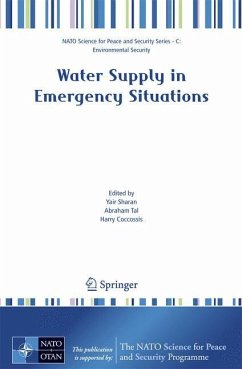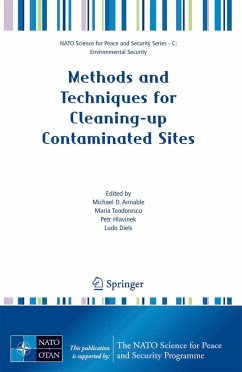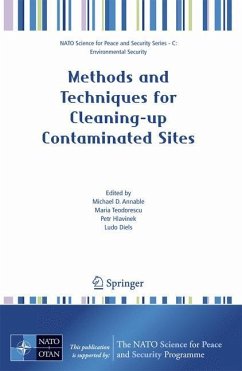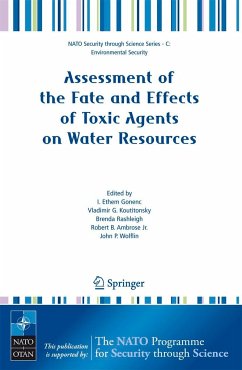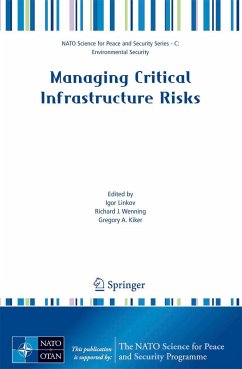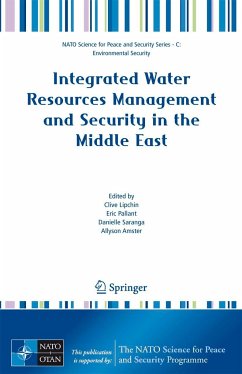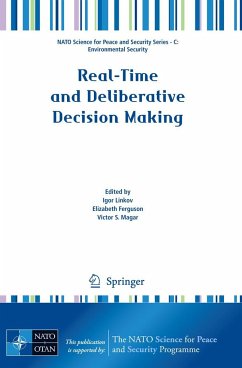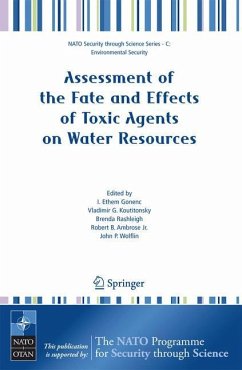Nicht lieferbar
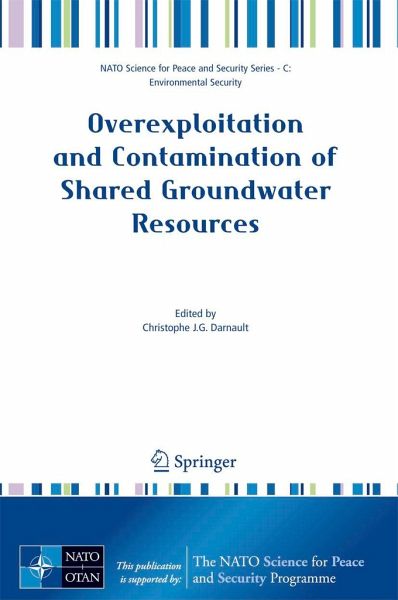
Overexploitation and Contamination of Shared Groundwater Resources
Management, (Bio)Technological, and Political Approaches to Avoid Conflicts
Herausgegeben: Darnault, Christophe J.G.
Versandkostenfrei!
Nicht lieferbar
Weitere Ausgaben:
Forty percent of the world's population depends upon increasingly scarce and shared water resources. This situation is critical at both international and national levels not only for socio-economic development, but also for the regional stability. The intensive use of groundwater for irrigation and water supply is adding pressures to scarce water resources and the environment through overexploitation and contamination which result in situations that may lead to conflicts. The book from the NATO ASI on "Overexploitation and Contamination of Shared Groundwater Resources Management, (Bio)technolo...
Forty percent of the world's population depends upon increasingly scarce and shared water resources. This situation is critical at both international and national levels not only for socio-economic development, but also for the regional stability. The intensive use of groundwater for irrigation and water supply is adding pressures to scarce water resources and the environment through overexploitation and contamination which result in situations that may lead to conflicts. The book from the NATO ASI on "Overexploitation and Contamination of Shared Groundwater Resources Management, (Bio)technological, and Political Approaches to Avoid Conflicts" is written by authors from different disciplines and regions of the world. The aim of the book is to contribute to the knowledge of shared groundwater resources management to avoid conflicts by considering multi-disciplinary approaches based on effective and equitable water sharing for all water users through cooperation and within a compassionate ecological framework along with the need for sustainable resources development and the quest for environmental and human security. The scope of the book covers the hydrogeological, environmental, (bio)technological and management aspects of shared groundwater resources integrating social, economic and political dimensions as well as legal and educational perspectives.






